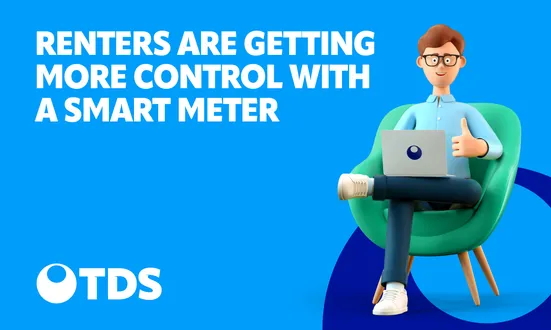The Adjudicator
The Adjudicator takes a recent decision by a TDS Adjudicator and sets out the reasoning behind the decision. The aim of these case studies is to help tenants, landlords and agents better understand how we make our adjudication decisions. The names of the landlords and tenants involved have been removed and this is only a brief summary of the dispute.
When a tenant leaves early
The landlord’s claim was for rent due for the period of April to June 2020.
The tenant said that he paid rent up to the end of March 2020, the date on which he left the property and that the landlord had agreed to end the tenancy early and at that point return the deposit to the tenant. The landlord said that no such agreement was reached.
The adjudicator was provided with evidence including the tenancy agreement, a rent statement, emails and WhatsApp screenshots.
The Adjudicator’s decision:
The parties entered a fixed term tenancy for the period from October 2019 to June 2020. The tenancy agreement did not contain a break clause. While clearly there had been a discussion between the landlord and tenant with regard to the tenancy ending, the evidence provided by the parties was not sufficient to persuade the adjudicator that the landlord had agreed that the tenant could end the tenancy early or that their rent liability ended in March, the date on which the tenant left the property. The evidence also made no reference to the deposit or otherwise. The landlord’s claim was successful.
Key points to take away?
- When dealing with a request to end a tenancy early or asking for a tenancy to end early make sure that you have a clear agreement in writing as to the terms on which the tenancy has been agreed to be ended, particularly in relation to any continued rent liability, including what is to happen with the deposit. Once agreement has been reached, obtain a clear acceptance of that agreement.
- Provide a copy of the tenancy agreement and any other related evidence of any discussions that you may have had relating to the claim.
- Always provide a detailed rent statement to support any claim for rent for the period of the tenancy, which sets out the name of the tenants, the property address, the period of the tenancy, the period to which the rent relates, the amount due, the date on which it is payable and the date on which it was actually paid.
If you would like to learn more about this topic Tenancy Deposit Scheme (TDS) run valuable training courses in both tenancy deposit protection and tenancy deposit disputes in our brand new virtual TDS Academy. Additionally, all course attendees will receive a certificate which can be used to gain CDP points.
Please click here to find out all the TDS Academy courses that are currently available to you.
About TDS
TDS Custodial: where TDS hold the deposit for the duration of the tenancy. Landlords, you can protect your deposits for FREE today.
Tenancy Deposit Scheme (TDS) is a Government-approved scheme for the protection of tenancy deposits; TDS offers both Insured and Custodial protection and provides fair adjudication for disputes that arise over the tenancy deposits that we protect.
TDS can only comment on the process for our scheme, other deposit protection schemes may have a different process/require different steps. Content is correct at the time of writing.
These views are those of the author alone and do not necessarily reflect the view of TDS, its officers and employees.

Other news stories


